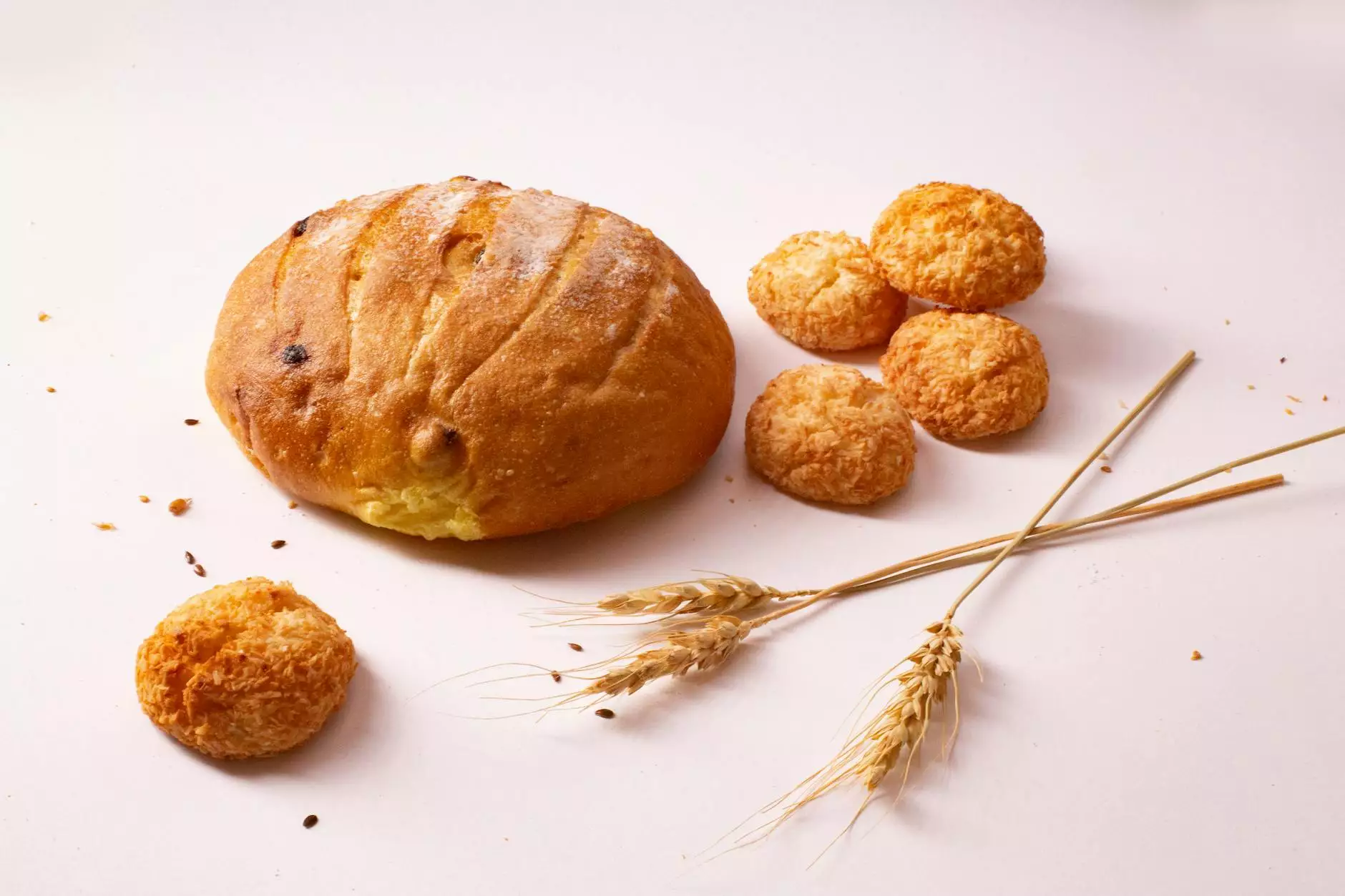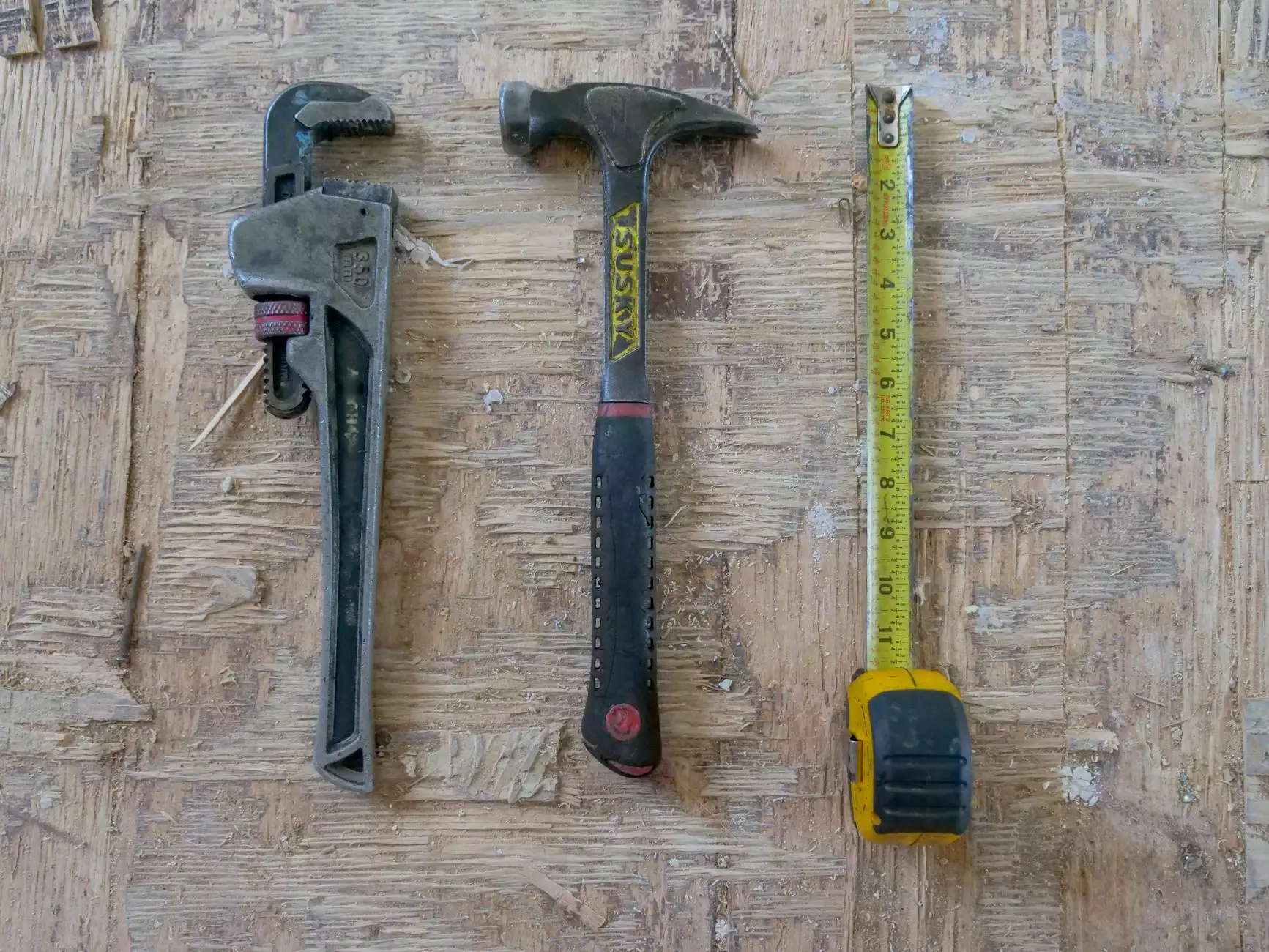The Sweet Business of Sugar Sellers: A Comprehensive Guide

The sugar industry has always been a cornerstone of trade and commerce worldwide. As a sugar seller, you tap into a market that is not only vast but also indispensable to numerous sectors, from food and beverage to pharmaceuticals and personal care. In this article, we will explore the nuances of becoming a successful sugar seller, the intricacies of the sugar supply chain, and strategies to enhance your business in this thriving industry.
Understanding the Role of a Sugar Seller
A sugar seller serves as a crucial link between sugar manufacturers and consumers. This role involves not just selling sugar but also understanding your clientele's needs, managing relationships with suppliers, and navigating the complexities of pricing and logistics.
The Diverse Types of Sugar Available
The term "sugar" encompasses a variety of products, each suited to different applications. As a sugar seller, being well-versed in these types can give you a competitive edge. Here are some of the most common types of sugar offered by suppliers:
- Granulated Sugar: This is the most common form, used in both residential and commercial kitchens.
- Brown Sugar: Known for its molasses content, brown sugar is popular in baking and cooking for its unique flavor.
- Powdered Sugar: Also called icing sugar, this finely milled sugar is essential for frostings and confections.
- Raw Sugar: Slightly less refined, raw sugar retains some of the natural molasses flavor and is often used in gourmet cooking.
- Coconut Sugar: A healthier alternative, coconut sugar is gaining popularity among health-conscious consumers.
Building Relationships with Suppliers
Establishing strong relationships with reliable suppliers is vital for any sugar seller. Here are some best practices for cultivating these relationships:
1. Research and Select Reliable Suppliers
Start by conducting thorough research to identify reputable sugar suppliers. Look for those with a proven track record in quality and reliability. A good supplier can significantly impact your business’s success.
2. Communication is Key
Maintain open lines of communication with your suppliers. Regular check-ins can prevent misunderstandings and foster a collaborative environment.
3. Negotiate Terms
Don’t hesitate to negotiate pricing, delivery schedules, and bulk purchase discounts. Building favorable terms can help increase your profit margins over time.
Market Trends and Consumer Preferences
The landscape of the sugar industry is constantly evolving. As a sugar seller, being aware of market trends can help you stay competitive. Here are some current trends shaping the industry:
Health Consciousness
With increasing awareness surrounding health and wellness, many consumers are moving away from traditional sugars. Embracing alternative sweeteners can help you attract a broader audience.
Sustainability Practices
Today's consumers are more socially and environmentally conscious. Offering sugar products sourced from sustainable farms can enhance your brand image and appeal to eco-friendly customers.
Effective Marketing Strategies for Sugar Sellers
Once you have established your supply chain, the next step is to attract customers. Here are some effective marketing strategies for sugar sellers:
1. Develop a Strong Online Presence
Invest in a well-designed website that showcases your products and services. An engaging online presence can facilitate customer inquiries and orders.
2. Leverage Social Media
Utilize social media platforms like Instagram and Facebook to promote your brand. Share recipes, product information, and even behind-the-scenes content to connect with your audience.
3. Content Marketing
Creating valuable content relevant to your audience can position you as an authority in the sugar industry. Consider starting a blog to share tips, recipes, and industry insights.
Logistics and Distribution as a Sugar Seller
Efficient logistics are key to the success of any sugar seller. Timely delivery and inventory management can greatly affect customer satisfaction.
1. Inventory Management
Implementing an effective inventory management system can help ensure that you have the right quantity of sugar in stock at all times. This reduces waste and maximizes profitability.
2. Choosing a Distribution Method
Depending on your customer base, choose a distribution method that best suits your business. Options include direct shipping to consumers, partnerships with local retailers, or bulk shipments to businesses.
3. Ensure Quality Control
Maintaining high-quality standards is essential for building a reputable brand. Regular testing and quality assessments can help ensure that your products meet industry standards.
Understanding Legal and Regulatory Requirements
As a sugar seller, it’s critical to understand the legal and regulatory landscape governing the sugar industry. Compliance with food safety standards, labeling requirements, and import/export regulations is crucial.
1. Food Safety Standards
Adhere to the guidelines set by local and international food safety authorities. This may include regulations by the Food and Drug Administration (FDA) or similar bodies in your region.
2. Proper Labeling
Ensure that all products are accurately labeled with ingredient lists, nutritional information, and allergen warnings. This transparency builds trust with your consumers.
3. Import/Export Compliance
If you engage in international trade, familiarize yourself with the import/export regulations that apply to sugar products. This can include tariffs, quotas, and necessary certifications.
Success Stories of Sugar Sellers
Inspiration can often be found in the stories of successful sugar sellers who have carved out a niche in the market. Here are a few notable examples:
1. The Artisan Sugar Seller
One sugar seller specializes in artisan and organic sugar products, including flavored sugars and handcrafted confectionery. By focusing on quality and uniqueness, they have built a loyal customer base both locally and online.
2. The Bulk Supplier
A large-scale sugar seller successfully catered to businesses by providing bulk sugar products at competitive prices. Their ability to streamlining logistics and managing distribution made them a go-to supplier for restaurants and bakeries.
3. The Health-Focused Supplier
Finally, a sugar seller that focuses on health-conscious products, such as organic and low-calorie sweeteners, has found great success amid growing consumer awareness about healthy eating.
Conclusion: Your Path to Success as a Sugar Seller
Becoming a successful sugar seller requires a blend of market knowledge, strategic planning, and operational excellence. By understanding the types of sugar products available, building strong supplier relationships, staying aware of market trends, employing effective marketing strategies, and adhering to legal requirements, you can thrive in this sweet business. Remember, in the dynamically shifting landscape of the sugar industry, adaptability and innovation will be key to your long-term success.
For more information and resources on becoming a leading sugar seller, visit brazilsugartopsuppliers.com.



